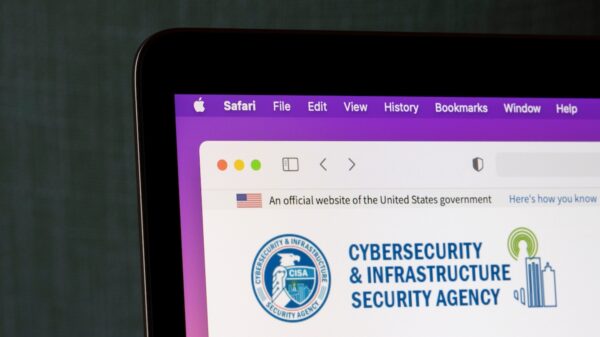The US Cybersecurity and Infrastructure Security Agency (CISA) this week issued advisories detailing two unpatched vulnerabilities in Enphase products.
An American energy technology company, Enphase builds and sells solar micro-inverters, charging stations, and other energy equipment, mainly focused on residential customers.
On Tuesday, CISA published two ICS advisories to warn of vulnerabilities in Enphase products that could lead to information leaks or command execution. Both are said to be remotely exploitable with low attack complexity.
Tracked as CVE-2023-32274 (CVSS score of 8.6), the first of the flaws impacts the Enphase Installer Toolkit, a mobile solution that aids with the installation and configuration of Enphase Systems.
The application also allows users to connect to the Enphase Envoy communication gateway over wireless networks to perform system setups, and allows them to view system status.
CISA warns that Enphase Installer Toolkit for Android versions 3.27.0 and older contain hardcoded credentials that an attacker could use to gain access to sensitive data.
“Successful exploitation of this vulnerability could allow sensitive information to be obtained by an attacker using hard-coded credentials,” CISA notes.
The Enphase Installer Toolkit is currently available for download as version 3.30.0 for both Android and iOS.
The second issue, CVE-2023-33869, is described as a command injection flaw in the Envoy communication gateway version D7.0.88, which could allow an attacker to gain root access to the affected product and execute commands.
According to CISA, Enphase Energy has not responded to requests to work with the agency in addressing these vulnerabilities. Both issues were reported by a security researcher using only the handle ‘OBSWCY3F’.
Update: After SecurityWeek published this story and contacted Enphase for comment, the company responded late Wednesday afternoon to say it has now been in touch with CISA.
“Enphase Energy is in direct contact with CISA and committed to quickly addressing any potential vulnerabilities,” a company spokesperson told SecurityWeek. “Enphase maintains a strong focus on cybersecurity to protect our customers in an increasingly interconnected, data-driven, and modern energy landscape. With positive customer experience at the center, we aim to create and provide high-quality products and services that meet the highest security standards”
Update, June 27: Enphase has informed SecurityWeek that it is working on mitigations for these vulnerabilities. CISA has updated its advisories accordingly.
Related: CISA Instructs Federal Agencies to Secure Internet-Exposed Devices
Related: CISA: Several Old Linux Vulnerabilities Exploited in Attacks
